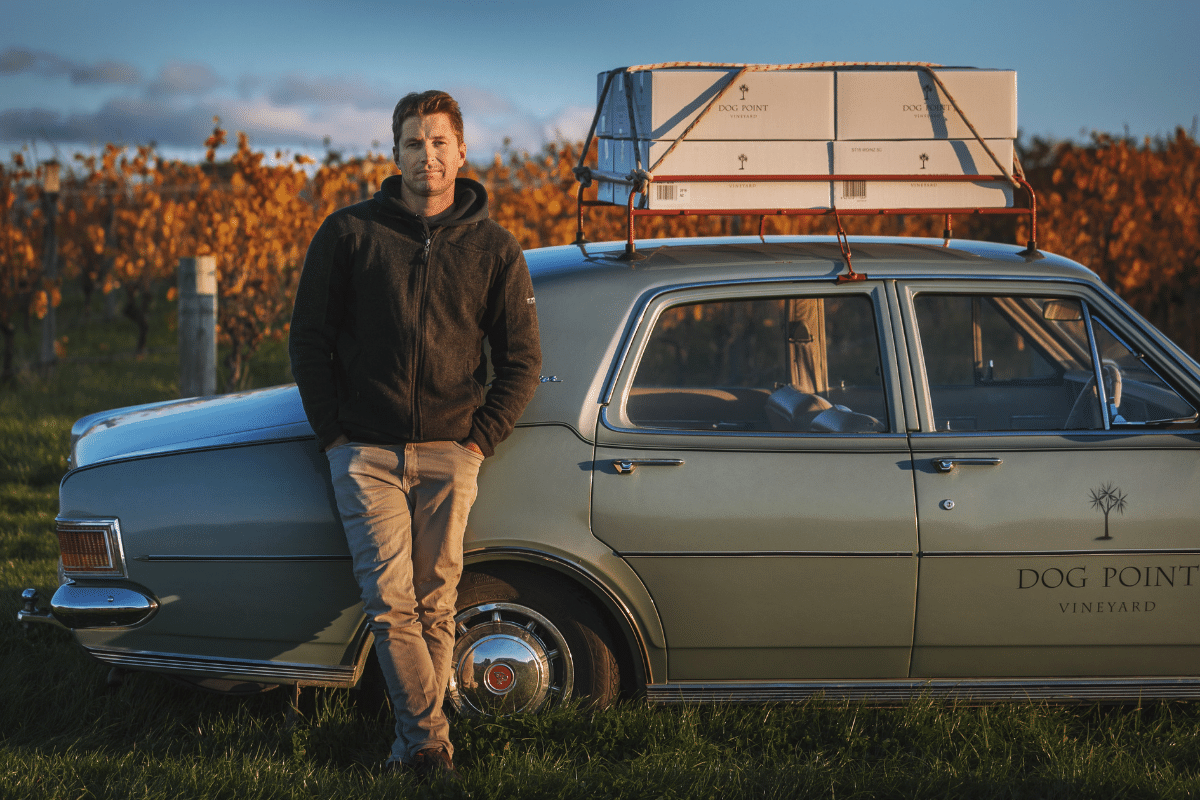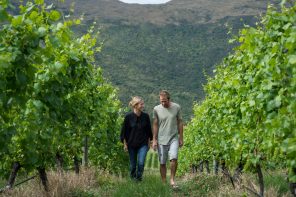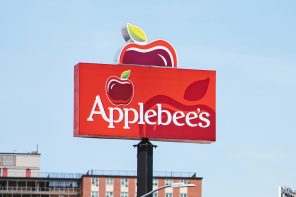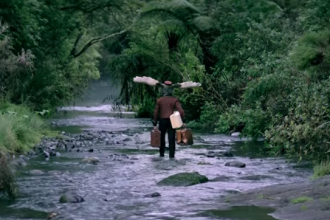Dog Point Vineyard was planted in 1979. Since the 80s it has supplied Cloudy Bay with its grapes, using 30 percent of its harvest to create its own wine.
Matt Sutherland, Dog Point Vineyard’s general manager, grew up on a Marlborough vineyard and studied viticulture, oenology, and business communications.
“I was raised on a cropping farm in Marlborough until the age of five when we shifted to a vineyard for the first time,” said Sutherland.
“It was early days for the industry with not many vines to be seen. I have been surrounded by the industry since those pioneering years and have seen the evolution of the industry and region. I worked in the wine industry in New Zealand, Australia, the UK and France for both wine distributors and producers. In 2016 I produced a vintage with Benjamin Leroux in Burgundy."
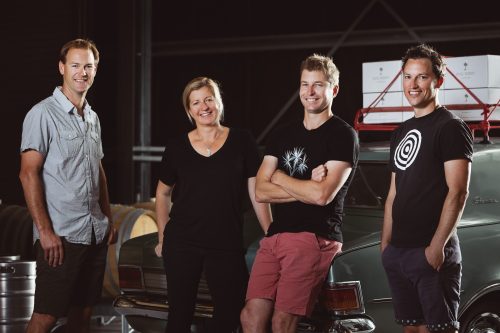
It was partway through his studies that Dog Point launched its own wines, and Sutherland loved the idea of linking business with the practical side of the industry.
Dog Point Vineyard first planted vines in 1979 but didn’t produce its own wine until 2002. Owners Ivan, Marg, James, and Wendy were at Cloudy Bay for many years, and the majority of Dog Point’s fruit went there in the 80s and 90s.
Sutherland noted that Dog Point operates on collaboration and sharing knowledge.
“No one is beyond a job, and we like to have an environment where everyone feels they can add value and input.“
Dog Point is one of the oldest privately established vineyards in Marlborough. Its central location at the convergence of the Brancott and Omaka valleys makes it a desirable grape-growing location. The region's naturally warm days and cool nights are also the perfect conditions for ripening grapes.

“We are all estate-grown and the soil certainly drives a citrus core of flavours, particularly in our whites,” said Sutherland.
“The diversity of the terrain is quite special and the straight clay hill slopes gives us the depth and structure to our pinot that we are chasing.”
As every viticulturist will know, it is the physical site - the terroir - that creates diversity amongst wines.
“You could make wine 300 metres down the road the same way and it would taste different,” said Sutherland.
"You can’t replicate that sense of place.”
In 2009 the vineyard began its conversion to organic growing and is now 100% certified organic by Biogro NZ.
“We make our own compost and have done a huge amount of native planting since the 1990s. Our property focuses on biodiversity with olives, pine nuts, sheep, cattle, streams, natives, beehives and more. We are currently looking at our Carbon Footprint, to understand what it means and looks like for our vineyard, winery and community."
Due to the pandemic, Dog Point has had to rethink some of its practices.
“Cost control has been critical, and we’ve had to work more closely with our partners than ever before. We must be well-planned and organised as shipping delays and port congestion is a very real problem.”
Staffing and skilled workers continue to be a challenge. It was hard enough before, he says, but the pandemic has just escalated that difficulty, especially since all produce is hand-picked.
Despite the hardships, Sutherland loves what he does.

“We get to meet a load of different people and have established friendships all over the world. Being able to produce something off the family farm that people enjoy is also pretty cool."
New Zealand’s wine industry is progressive, but it is also very young. There is benefit in this, as there is a world of history and inspiration Kiwi viticulturists can draw and improve on.
“We are leading the world with the sustainability model from NZ Winegrowers,” noted Sutherland.
“We need to tighten this up though if we are to remain at the forefront. We have come a long way in a short time, and I think our collective knowledge sharing amongst peers is a real strength.”


